|
Every year I try to share with students as early as possible that I read a lot and that I like to exercise very much. Today, some of my students asked if I still read and exercise a lot, how much it cost me, and how I have the time. First off, I do still read and exercise a lot. Second, if I read between 70 and 100 books a year at somewhere between $10 and $20 per book, then it cost something like $1,500 a year. This kind of surprised them that I spent “so much” on books. The next question was about how I remember information if I consume so much of it. I try to be honest; I don’t remember everything. Sometimes I just remember a single idea. However, compared to my students, I genuinely do remember much more than they think is possible and that’s for one main reason - all of my reading is self-selected based on personal interests, usually involving questions I want to find an answer to. If I read an entire textbook on building muscle, for example, then it isn’t nearly as hard for me to remember that information as a student who is trying to memorize biological pathways in a course that is one of seven they have to take in order to graduate. (For the record, mechanical tension or “weight on the bar”, metabolic stress or “the pump”, and muscle damage are the three major known pathways to muscle growth in the literature.) With that aside, they wondered how I could read and exercise and work all day. My first, tongue-in-cheek reply was that I didn’t have to go home and take care of “one of them” after work ended like their parents did. However, that geuinely is a large part of it. I finish work at 4:30 pm and I have a gym that is about 60 seconds from my front door when I walk down the street. My home is about 12 minutes walking from work. Therefore, I can be at the gym exercising by 4:45 pm on most days. This gets me home by 6:00 pm most nights and I exercise Monday, Tuesday, Thursday, Friday, with some less structured, “free” workouts on the weekends when I feel the urge. If I then shower and eat dinner, which is often either delivery or made by my lovely wife, I can then relax for several hours. Those several hours are typically a couple hours of TV and one to two hours of reading as I fall asleep. So even in a typical 42.5 hour work week, I can go to the gym four times and read for five to ten hours with very little trouble. And of course, I have the whole weekend to indulge in more reading, exercising, or relaxing as I see fit! The weekend is when I typically do a lot of my writing if it’s been a busy week. Beyond simple habits of routine, I do use several tools to help me ensure that I get this all done and “stay on track” because I simply don’t like taking it for granted that I will do these things. After all, even though I enjoy reading difficult non-fiction, squatting heavy things, and writing long articles, they are activities that are inherently difficult and increasingly so over time as texts and weights become tougher. Here are the tools most useful for me:
Those are the relevant dashboard stats on my Goodreads page. They tell me that if I want to finish 100 books this year, I am currently 9 books behind schedule. I've been aiming for 78 (1.5 per week), so I am actually 6 ahead at the moment, but changed it for this post to see where I'm at. The two images below that show my total books and pages read, both this year and years past, which helps for comparison and goal setting. The two images above are from the Reactive Training Systems Dashboard and show a number of important data points related to my training at the gym. I can see the weekly volume going up and down in the first image. This reflects exactly how much work I'm doing per workout and I should see it going up slowly over time. That same image also shows my TRAC scores, which monitor stress over time and ideally those should be in the green area most of the time. If stress creeps up into the red, the my training volume will need to be reduced so that I am not carrying so much fatigue. Finally, that image also shows my latest PR's or personal records. I can easily see which exercises I've improved on and which I have not. If I am going too many workouts without new PR's, then something will need to be adjust to continue progress. The second image shows my training calendar with Tuesday's specific workout enlarged and one of the exercises opened to reveal the actual weights, reps, and sets. This is how I actually record and plan what I'm doing day to day, week to week, and month to month. If it all seems complicated, know that I pay a coach to do this for me and so I don't actually think about any of this. I just open my workouts and do them. I can look at all the stats because they interest me, but it's really up to my coach to monitor it all and keep me moving forward. I just focus on having fun and lifting the bar. Lastly, I do keep one eye on my page views and visitors for this site, which you can see immediately above. The Weebly phone app is actually better than the website because it gives me a little more information about weekly, monthly, quarterly, and yearly views. I generally try to keep the number of views going up by the year and don't really pay too much attention to the week to week changes. Of the data points I actually look at, this one is only somewhat important to me.
I know that if I am reading about 50 pages or more per day, I will read thousands of pages every year. I will be more knowledgeable next year than this year. I know that if my workout volume goes up over time, I will be stronger and have higher work capacity. I know that if my stress gets really high either subjectively or because the TRAC points tell me, then I won't feel very good and life won't be as fun. Lastly, if I'm stronger, smarter, and better off tomorrow or next year than today, I try to share it with others by writing on this website. So how do I read, exercise, and work consistently every week? I just pick relevant data points and keep track of them. Just seeing the data keeps me focused and often more motivated than not. I do it because I want to, but there's also a positive feedback loop to the whole thing because actually seeing things go up in a positive trend is itself very motivating. That's it. If my values changed and I suddenly thought there were activities more important than reading, writing, and exercising, I'd try to track them the best I could with some kind of tool, even if it was just a tick-box on my wall. However, for now, those are the things most important for me feeling good and the only things I consciously keep my eyes on and refuse to let slide in the long-run.
1 Comment
2/19/2020 10:03:17 am
I am happy to see that you still read and exercise a lot. It's a good thing that your students are aware of it, and they can be inspiredly your actions which is definitely a good thing. I couldn't imagine how good you are in terms of balancing your time for the things that matter to you, that's why I admire you for doing that! I am sure that you have a lot f good stories to tell, and I am glad that you have shared it to us.
Reply
Leave a Reply. |
Archives
November 2017
|
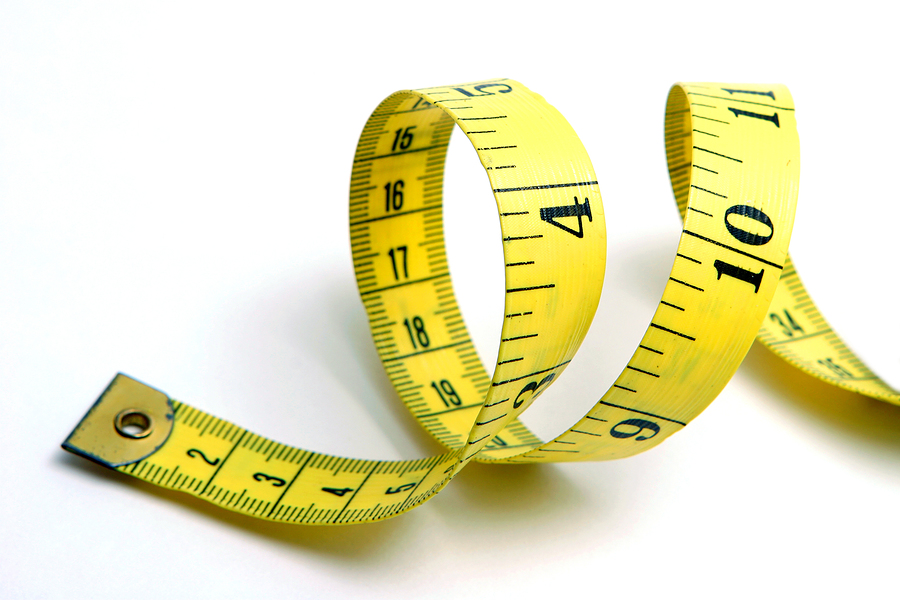
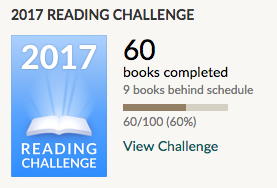
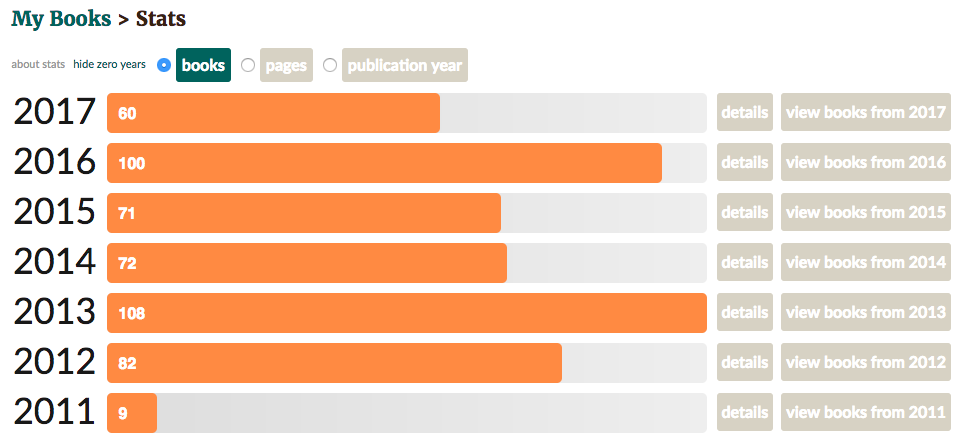
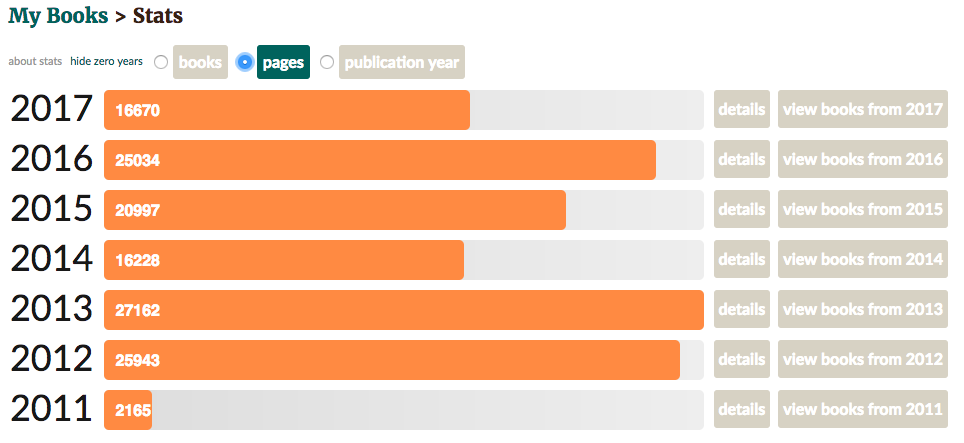
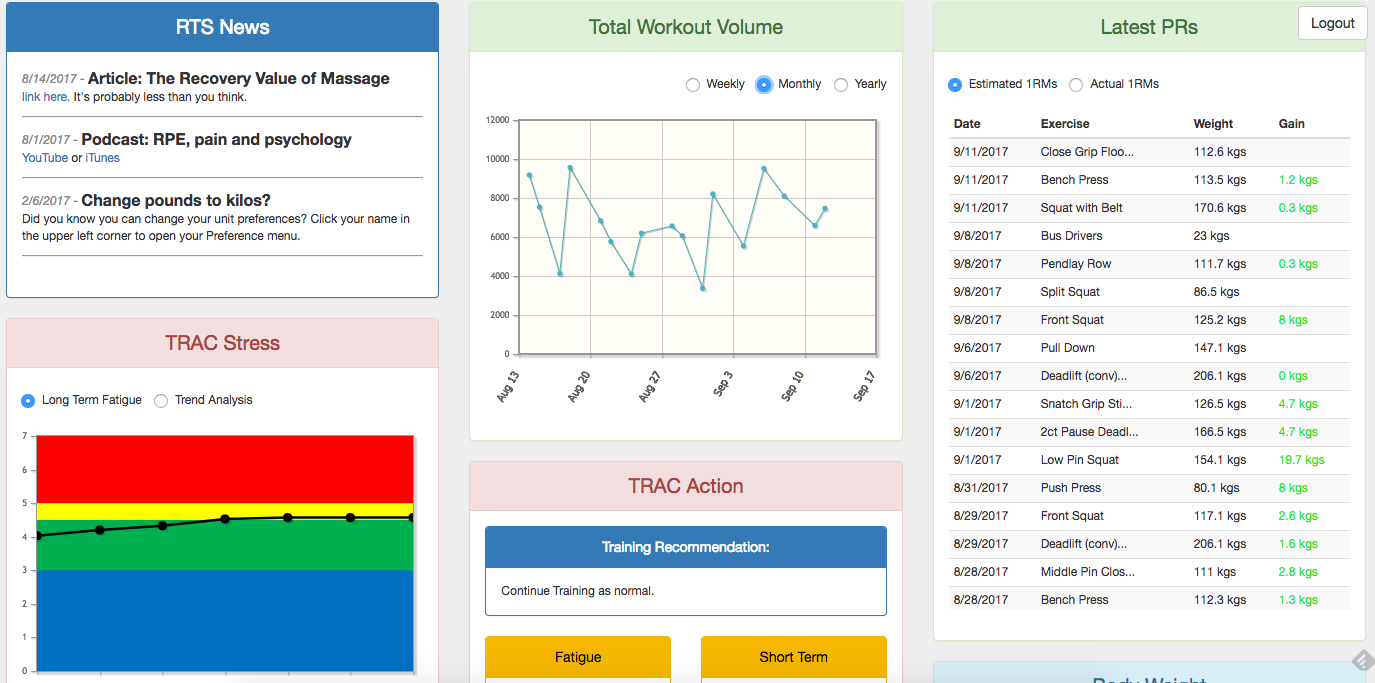
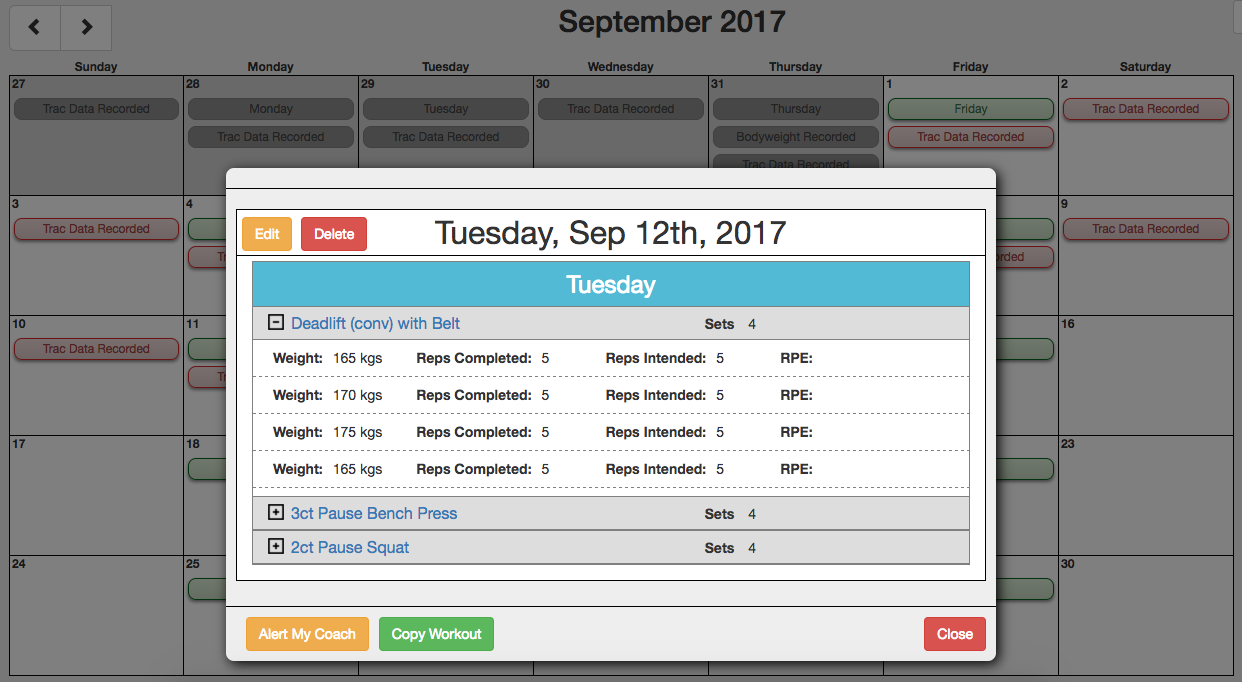
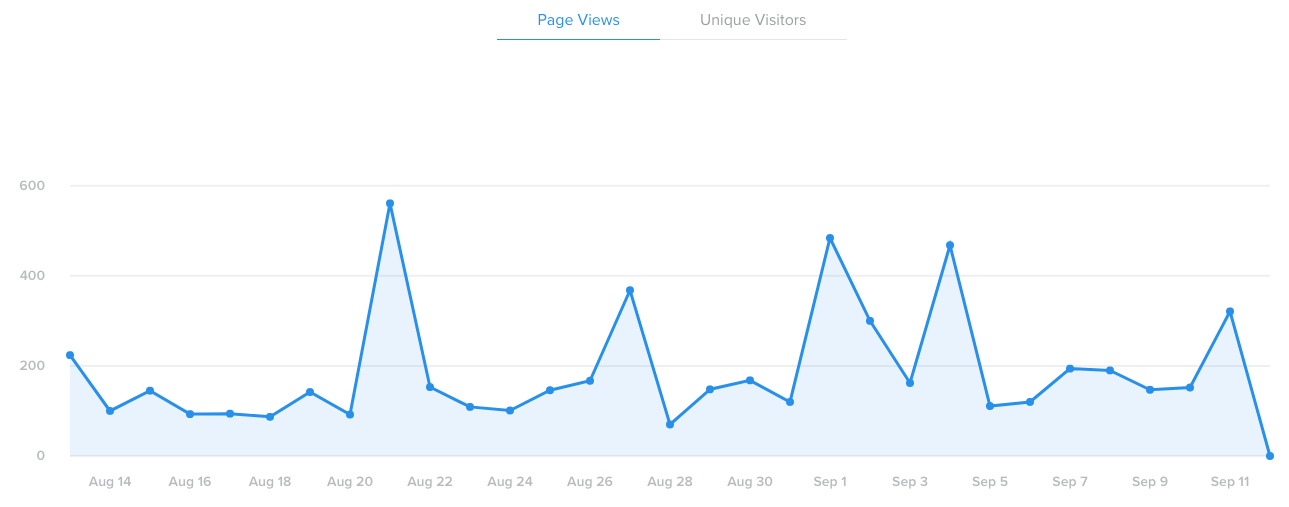
 RSS Feed
RSS Feed